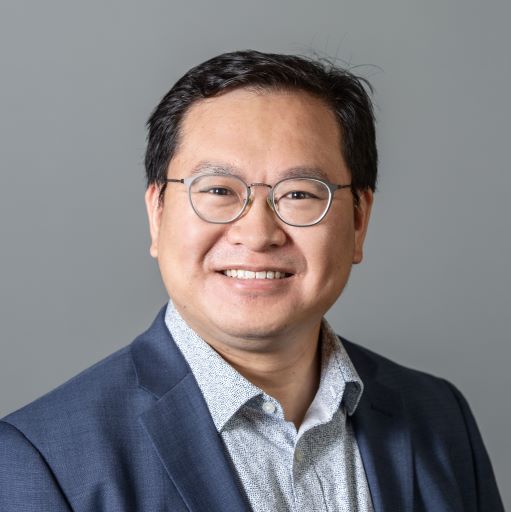Toxicology and Societies: Maxwell Leung

Date
End Date
Location
Event Description
Title: Environmental Contaminants in Cannabis: Hidden Health Hazards to Recreational Users and Medical Patients
As cannabis and cannabis-based products are becoming more popular for symptomatic relief in susceptible patients with medical conditions, including autism, cancer, PTSD, seizures, epilepsy, as well as Parkinson’s disease, contaminant exposure in medical use is now a concern for public health. In order to inform further research and provide solutions to the public health risk of cannabis contaminants at a national level, we examined the current landscape of state-level contaminant regulations, cannabis contaminants of concern, as well as patient populations susceptible to contaminants. As of May 18, 2022, 36 states and the District of Columbia listed a total of 679 cannabis contaminants as regulated in medical or recreational cannabis, including 551 pesticides, 74 solvents, 12 inorganics, 21 microbes, five mycotoxins, and 16 other contaminants. Different jurisdictions showed significant variations in regulated contaminants and action levels ranging up to four orders of magnitude. A failure rate of 2.3% was identified for flowers and 9.2% for extracts in the California samples. Insecticides and fungicides were the most prevalent categories of detected contaminants, with boscalid and chlorpyrifos being the most common. The contaminant concentrations fell below the regulatory action levels in many legalized jurisdictions, indicating a higher risk of contaminant exposure. Cannabis use reports indicated usage in several patient populations susceptible to contamination toxicity, including cancer (44,318 patients) and seizure (21,195 patients). This study demonstrates the urgent need to mitigate the public health risk of cannabis contamination by introducing national-level guidelines based on conventional risk assessment methodologies and knowledge of patients’ susceptibility in medical use. Further studies will use adverse outcome pathway models to predict how medical use guidance, contaminant regulations, and risk communication can affect patients’ health in different jurisdictions in the U.S.
About the Speaker: Maxwell Leung, Arizona State University
Dr. Maxwell C. K. Leung is an assistant professor at the New College School of Mathematical and Natural Sciences. He is also a Senior Global Futures Scientist at the Julie Ann Wrigley Global Institute of Sustainability and a faculty affiliate at the ASU-Banner Neurodegenerative Disease Research Center. He received his Ph.D. at the Nicholas School of the Environment at Duke University in 2012 under the tutelage of Dr. Joel Meyer. After graduation, he worked with Dr. Thomas Knudsen as a postdoctoral fellow at the National Center for Computational Toxicology at the U.S. Environmental Protection Agency (U.S. EPA). Dr. Leung has published 21 peer‐reviewed articles and two book chapters. His publications lay the groundwork for toxicological applications of Caenorhabditis elegans and virtual tissue models, including a comprehensive C. elegans toxicology review that has been cited over 900 times.
After his postdoctoral training at the U.S. EPA, Dr. Leung joined the Department of Pesticide Regulation at the California Environmental Protection Agency in 2017. He participated in California’s effort to end the use of the pesticide chlorpyrifos and co-authored the scientific assessment of chlorpyrifos as a toxic air contaminant. Additionally, he contributed to the establishment of the state’s limits on pesticide residues in legalized cannabis. Currently, he is serving on the Medical Marijuana Testing Advisory Council of the Arizona Department of Health Services. At New College, he looks forward to carrying this experience into his teaching in the Pharmacology and Toxicology (B.S.) and Biological Data Science (M.S.) programs. He also plans to develop a translational research program to address the most pressing issues in environmental health.
Dr. Leung is a first-generation college graduate. Growing up in Hong Kong, he is grateful to have had the opportunity to participate in undergraduate research, which challenged him to seek education in new areas and served as a launching pad for his subsequent professional and personal development. As a new faculty member of New College, he is excited to work with students across different disciplines and provide them with the same opportunities he once had. Aside from teaching and research, Dr. Leung is also an avid comedian and has been active in the comedy scenes in Chapel Hill and Sacramento. He looks forward to continuing his interest in standup comedy and improvisational theatre in Phoenix.
A recording of the presentation is available here.